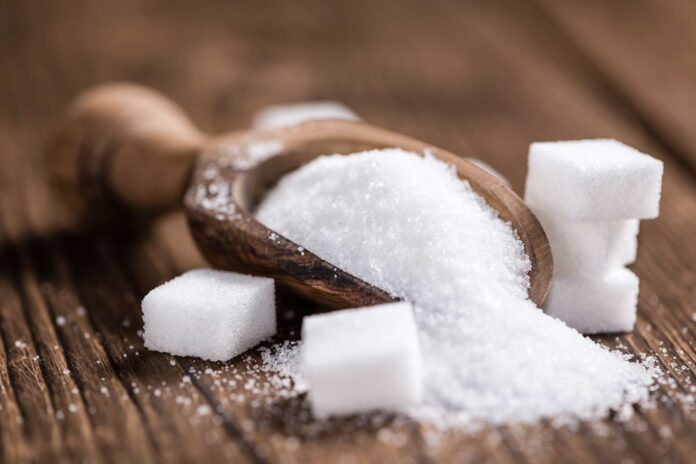We all crave sweetness, but not all sweeteners are created equal. While table sugar has long been the go-to for adding a touch of delight to our food and drinks, there’s growing interest in sugar alcohols as a potentially healthier alternative. But how do these two types of sweeteners stack up?
Understanding the difference starts with knowing what each one is. Sugar, found naturally in fruits, honey, and milk, comes from sugarcane or sugar beets and is primarily composed of monosaccharides (like glucose) and disaccharides (like sucrose). Sugar alcohols, on the other hand, get their name from their chemical structure, resembling both sugars and alcohol—though they don’t contain ethanol. They occur naturally in small amounts in fruits and vegetables but are often extracted and processed for use as sweeteners in sugar-free or diet products.
Digestive Differences: Sweetness with a Catch
The biggest difference lies in how our bodies process these sweet substances. Sugar is quickly absorbed into the bloodstream, providing a quick burst of energy (and potentially leading to blood sugar spikes). Sugar alcohols, however, are partially absorbed and largely fermented by gut bacteria. This fermentation can result in gas production, contributing to bloating, diarrhea, or flatulence, especially when consumed in larger quantities.
Interestingly, not all sugar alcohols taste the same. Some mimic sugar’s sweetness perfectly (xylitol), while others fall short. And they often leave a cooling sensation in your mouth—think of that icy aftertaste in sugar-free gum.
Health Implications: A Complex Equation
Both excessive sugar and excessive sugar alcohol consumption can have downsides. Overdoing it on regular sugar increases the risk of weight gain, type 2 diabetes, heart disease, and other chronic conditions. Similarly, while sugar alcohols are often touted as healthier due to their lower calorie count and potential impact on blood sugar, they’re not without concerns.
The fermentation process in the gut can lead to digestive discomfort for some individuals. There are also emerging studies suggesting a potential link between high sugar alcohol intake and cardiovascular issues, though more research is needed.
Making Informed Choices: It’s Not Black and White
Choosing the “healthier” option depends on individual needs and priorities. For people with diabetes, sugar alcohols might be preferable because they generally don’t spike blood sugar as dramatically. However, it’s crucial to remember that not all sugar alcohol-containing products are inherently diabetes-friendly; some can still be high in carbohydrates.
The bottom line? Moderation is key for both sugar and sugar alcohols. Read food labels carefully, pay attention to your body’s responses, and don’t fall prey to marketing claims that suggest these sweeteners are miracle cures.
